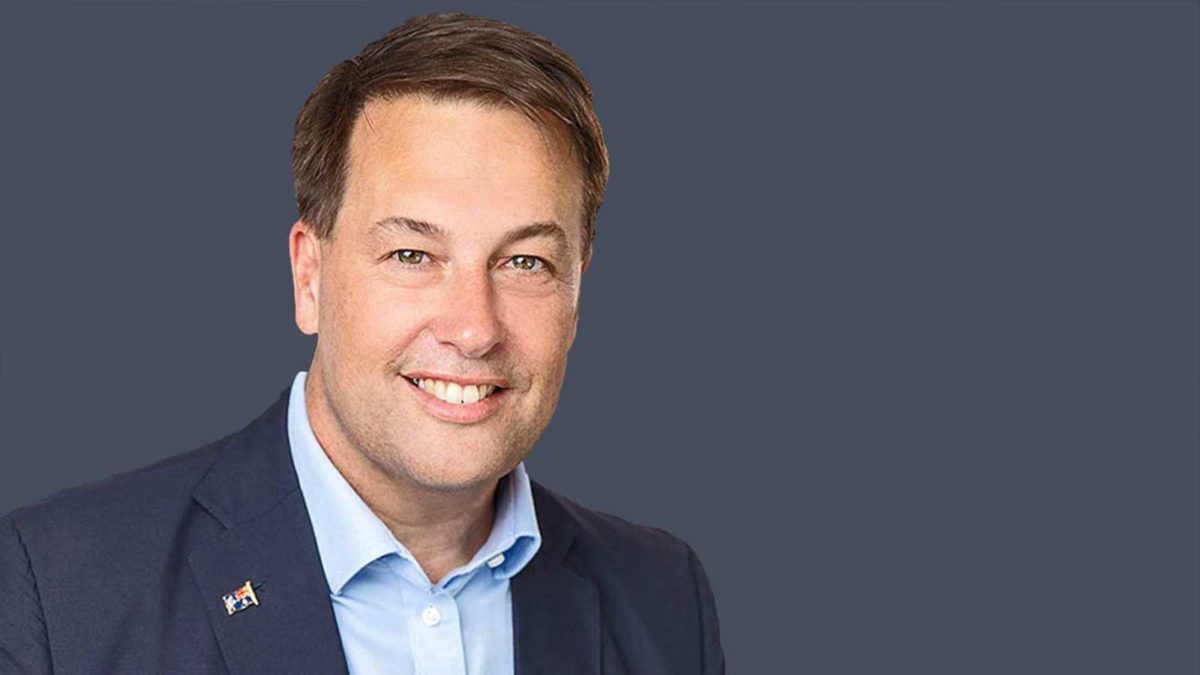AustralianSuper builds penalty war chest
AustralianSuper will build its financial penalty war chest from its administration reserve instead of new member fees, but has left the door open to future admin fee hikes.
AustralianSuper has changed its Trust Deed to include a right for its trustee to be paid a limited “Trustee Risk Reserve Fee” (TRRF) in light of the Morrison Government’s amendment to section 56 of the SIS Act, which industry funds claim could make them insolvent in the event of a significant financial penalty.
“Super fund trustees have become subject to increasingly onerous laws and regulations as well as increasing regulatory supervision, a heightened risk of enforcement by regulators and greater legal obligations,” AustralianSuper said in a note to members.
“Recent amendments to superannuation laws expand the circumstances in which a trustee is prevented from using fund assets and make it clear that fund assets cannot be used to pay for fines and penalties that may be imposed under Commonwealth laws.”
The TRRF – which can be no more than 0.015 per cent of AustralianSuper’s net assets, calculated at the end of the previous financial year – will be paid from AustralianSuper’s administration reserve. While AustralianSuper expects the administration reserve will “continue to remain at an appropriate level”, it left the door open to hiking administration fees if it does not. No TRRF can be charged if the risk reserve is more than 0.015% of AustralianSuper’s net assets.
“These caps provide limits that protect members by ensuring that there are enough funds to manage the financial risks that the Trustee and its officers face, but don’t allow the Trustee to have unlimited access to the Fund’s assets,” AustralianSuper said.
While APRA has given the arrangements the green light, AustralianSuper and other industry funds drew the ire of the Morrison Government for heading to court in South Australia to amend their trust deeds to allow the charging of new member fees to build a penalty reserve. The standing committee on economics recently probed the new arrangements, with chair Jason Falinski (photo at top) questioning AustralianSuper’s claim that insolvency could result in a $100 million cost to members.
“The purpose of this amendment was to stop members funds from being raided for trustees to use as they wish,” Falinski said. “And that is precisely, through these court cases, what we’ve wound up with… Funds can be raised that then become the property of the trustee, and can then be used for the purposes of paying a civil penalty for a director in circumstances where they have been found guilty of insider trading.”










